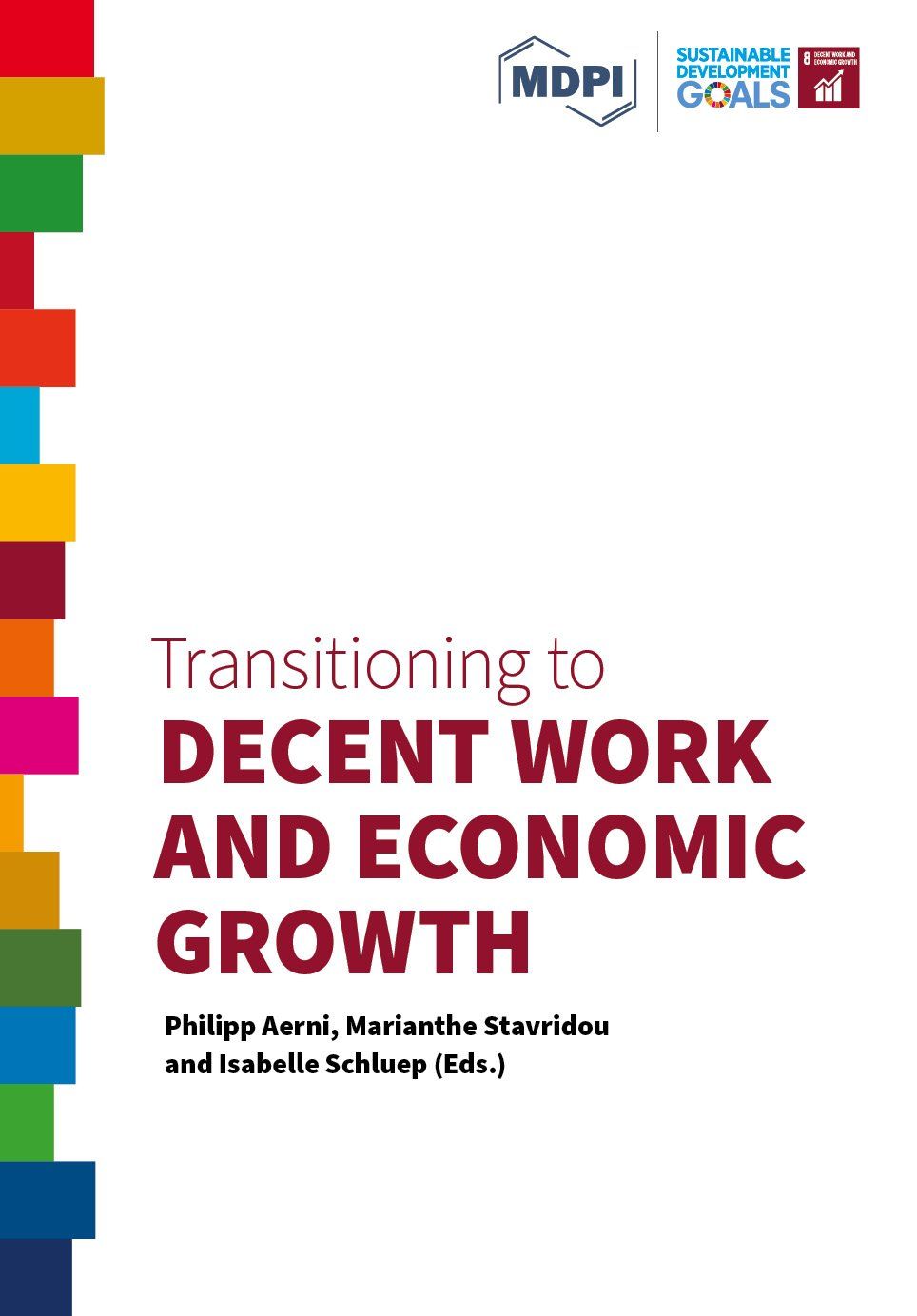Economic Development and Cultural Change: The Role of Multinational Enterprises in Mexico’s Emerging Dual Economy (1970s to 2000s)
Abstract
This article focuses on multinational enterprises (MNEs) in Mexico between the 1970s and the 2000s. From a business and economic history perspective, it depicts the MNEs’ transformation in the context of Mexico’s integration into global value chains (GVCs) from sceptically viewed outsiders to engines of economic development and normative role models. This transformation resulted from an interplay between economic cooperation and cultural change. The idea of embeddedness and reconstructed business discourses on enterprises’ social responsibility and on total quality management serves to grasp this interplay conceptually and methodically, respectively. In fact, when local businesses established or intensified collaboration with foreign MNE subsidiaries, they engaged in the joint promotion of cognitive and normative ideas about the challenges of the global market, and how they could be met. Notably, they promoted the idea that competitiveness in GVCs allowed for or even required social responsibility. Indeed, this “globalised Mexico” consisting of MNEs and their often big local partners is an example that economic growth and social standards can be simultaneously reached, as postulated by Sustainable Development Goal (SDG) 8. However, this is not the reality of most micro, small- and medium-sized companies that constitute the majority of business, the other part of Mexico’s dual economy. Therefore, the article also demonstrates that the “virtuous cycle” of economic performance and social responsibility is historically contingent, and that it can work, but not necessarily and not for all.
